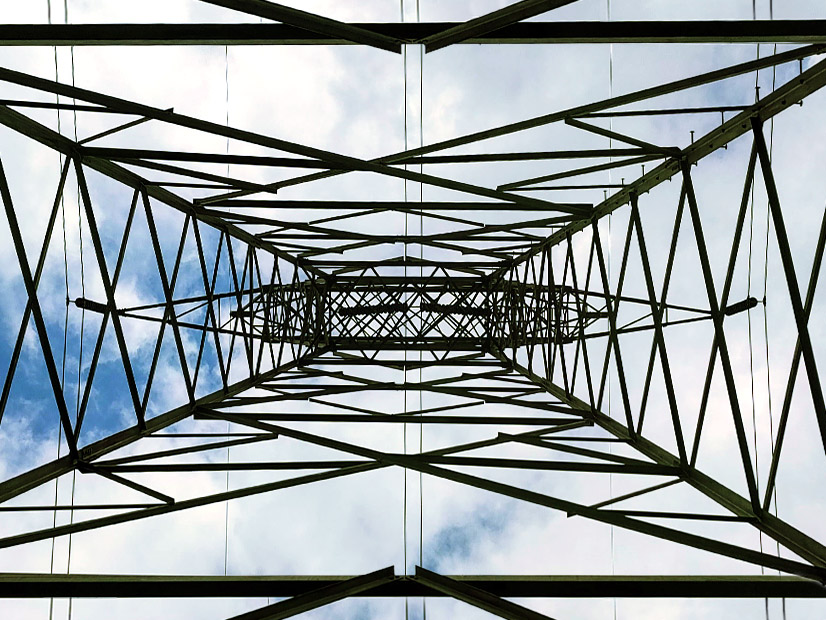Berkeley Lab researchers say growing renewable generation means it’s likely time to retool wholesale markets’ designs of financial transmission rights (FTRs).
In a study released Monday, “Rethinking the Role of FTRs in Wind-Rich Electricity Markets in the Central U.S.,” Lawrence Berkeley National Laboratory said wholesale markets should consider establishing more flexible FTRs that mimic variable generation profiles to better match congestion rents and payouts. The researchers said more tailored designs would be especially helpful in the wind-rich MISO, SPP and ERCOT markets.
“For an ISO to remain revenue neutral, congestion rent should equal the payout of the FTRs,” they said. “Linking FTR payout to the actual utilization of the grid can improve the match between congestion rent and FTR payout.”
Berkeley said wind generators don’t realize much benefit from FTRs as they’re currently designed and recommended improved hedging mechanisms to lower locational basis risk. Congestion often creates divergences in wholesale market prices between individual pricing nodes and trading hubs; the researchers said fluctuations in locational basis can hurt a generator’s bottom line, deter investors and ultimately slow renewable energy development.
“Conventional FTRs … are structured around an unvarying or fixed contract capacity, which is not particularly suited to generators with varying output,” the report said.
Berkeley researchers recommended the three grid operators design FTRs that can fit variable resources’ operational characteristics. They suggested markets develop wind FTRs, where volume varies based on an hourly systemwide aggregate wind profile. A wind generator could then purchase an FTR for a certain capacity, a portion of which would be dispatched based on the day-ahead schedule. The remainder would then be returned to the RTO or ISO at “no cost or profit to the wind generator.”
Berkeley also suggested FTRs could become dispatch-contingent so that they would only pay the price difference when the generator is operating or that markets institute “cap FTRs” (where the payout is the difference between the load and generator nodes), but only when the node’s price is above a predefined strike price.
The research team acknowledged that “adapting FTR auctions to include new products is not trivial.”
Berkeley said that after studying 2015-2019 data from MISO, SPP and ERCOT, the researchers said it’s clear that wind plants “face a disproportionately larger” locational basis.
“Empirical data from markets in the central U.S. confirm that wind plants face the largest, and among the most volatile, generation-weighted basis of any type of generator,” the report said. “Because wind plants tend to be located far from load centers, they rely on the transmission network to deliver power and are exposed to congestion when transmission capacity is limited.”
The research team said while annual fixed-volume FTRs “can nearly eliminate basis for most conventional generators” with steady output, they’re “less effective for reducing the average basis for wind.”
A fixed-volume FTR reduces wind’s locational basis by $1 to $5/MWh, according to the report, but still leaves wind generators with an average of $1.80 to $3.50/MWh of “residual basis” across the three markets. A wind FTR, on the other hand, could drive down that residual basis to less than $1/MWh.
A financial consulting firm recently concluded MISO needs to update its auction revenue rights and FTR market to reflect the system’s changing flow patterns. Among other recommendations, London Economics International suggested MISO tailor its products to an evolving supply mix and load patterns by offering morning, afternoon, evening and night options. (See Financial Firm Finds MISO FTR Market Needs Work.)




